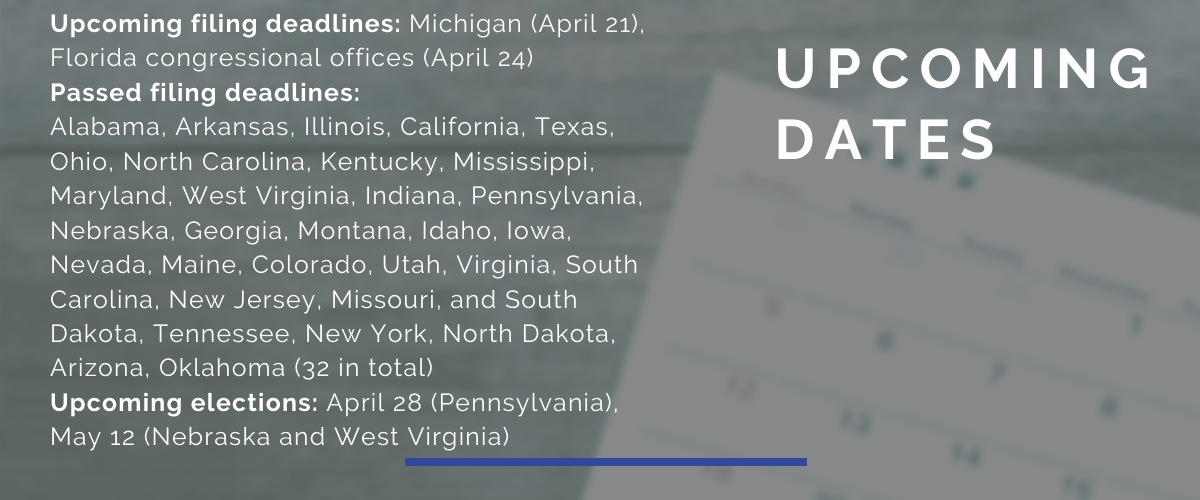Tag: State executive
-
Kansas Governor Laura Kelly extends statewide stay home order through May 3
On April 15, Kansas Governor Laura Kelly (D) extended the statewide stay home order through May 3. The original order went into effect on March 30 and was set to expire on April 19. Kelly didn’t announce any new exceptions to the original requirement that Kansas residents stay home unless performing essential activities. So far,…
-
Idaho Governor Brad Little extends statewide stay home order through April 30
On April 15, Idaho Governor Brad Little (R) extended the statewide stay home order through April 30. The order first went into effect on March 25 and was set to expire on April 15. The order relaxes restrictions on some businesses previously considered non-essential, so long as those businesses can offer curbside services. Additionally, the…
-
When are statewide stay-at-home orders set to expire?
As of April 14, 43 states have issued stay-at-home orders to residents. California was the first state to issue a stay-at-home order on March 19. By the end of March, 26 more states had followed suit, with a majority of those orders set to expire in the second or third weeks of April. Today, 13…
-
Delaware extends state court closure through May 14
On April 13, 2020, Delaware Chief Judge Collins Seitz Jr. extended court closures in the state through May 14, except for Delaware’s three Justice of the Peace courts. The three 24-hour courts will remain open to accept bail payments for all courts and Justice of the Peace Court emergency criminal and civil filings. Ballotpedia is…
-
Tennessee Governor Bill Lee extends statewide stay-at-home order through April 30
On April 13, Tennessee Governor Bill Lee (R) extended the statewide stay-at-home order, called “safer at home” in Tennessee, that went into effect on March 31. The order was initially scheduled to expire on April 14, and will now remain in effect until April 30. So far, 43 states have issued stay-at-home or shelter-in-place orders…
-
Changes to rent, mortgage, eviction, and foreclosure policies in response to the coronavirus (COVID-19) pandemic
State and local governments have implemented a range of policies affecting evictions and foreclosures in response to the coronavirus pandemic. Some governors have issued executive orders affecting evictions and foreclosures. Illinois Gov. J.B. Pritzker (D) and Michigan Governor Gretchen Whitmer (D), for example, issued executive orders suspending evictions and foreclosures for a set period of…
-
Maryland, New Hampshire announce modifications to absentee voting procedures in upcoming elections
On April 10, officials in both Maryland and New Hampshire announced modifications to absentee voting procedures in upcoming elections. In Maryland, the June 2 primary election will be conducted predominantly by mail, with all eligible voters being mailed a ballot in advance of the election. There will be at least one in-person voting center per…
-
Prison inmate release responses due to coronavirus (COVID-19)
On April 10, 2020, Pennsylvania Gov. Tom Wolf (D) and New Jersey Gov. Phil Murphy (D) issued executive orders authorizing the temporary release of certain inmate populations due to the coronavirus pandemic. In Pennsylvania, Gov. Wolf announced a program that could temporarily release up to 1,800 qualified inmates, beginning within the next week, including nonviolent…


